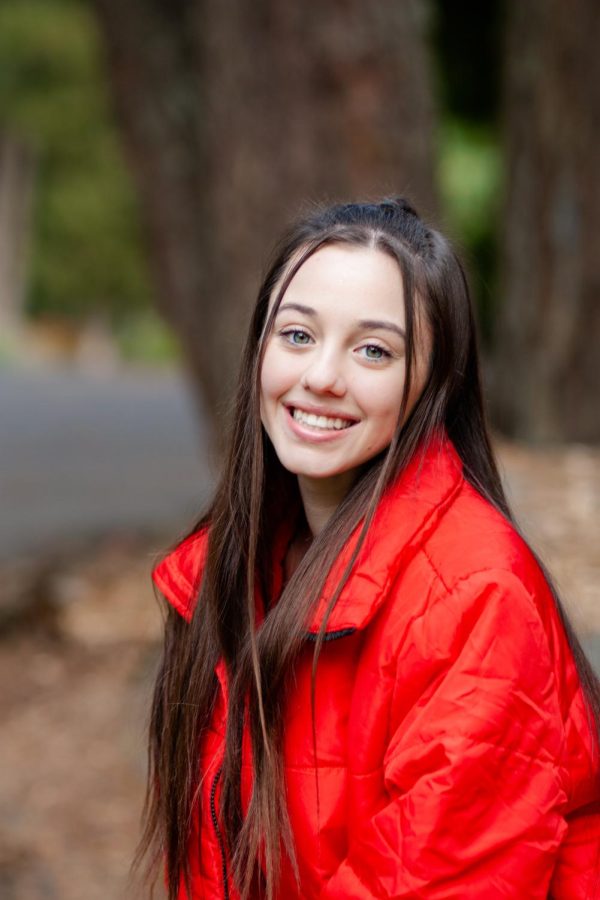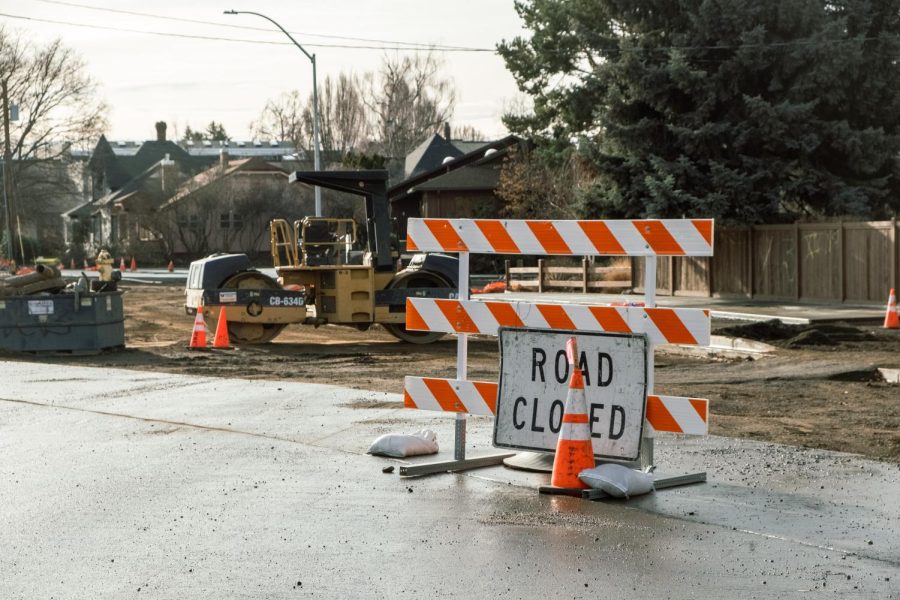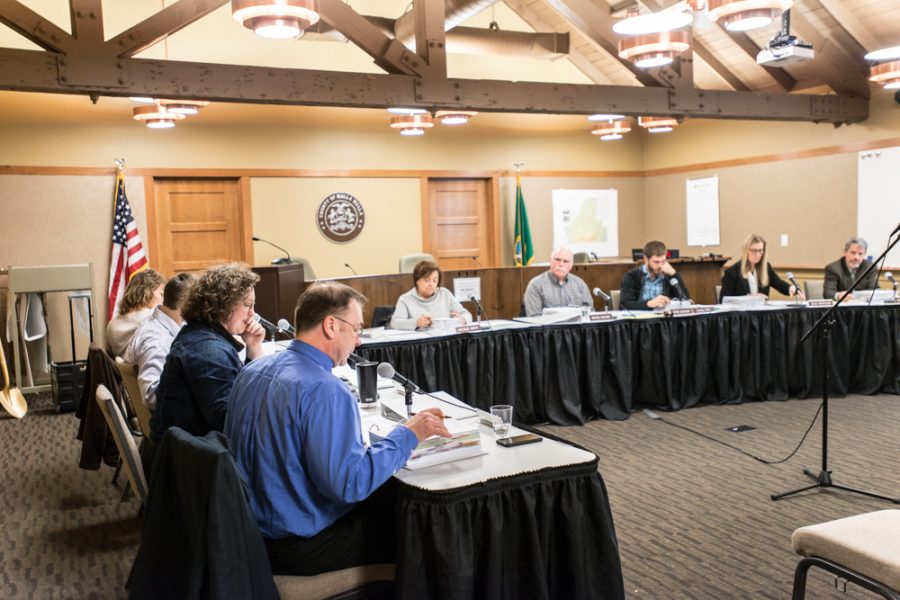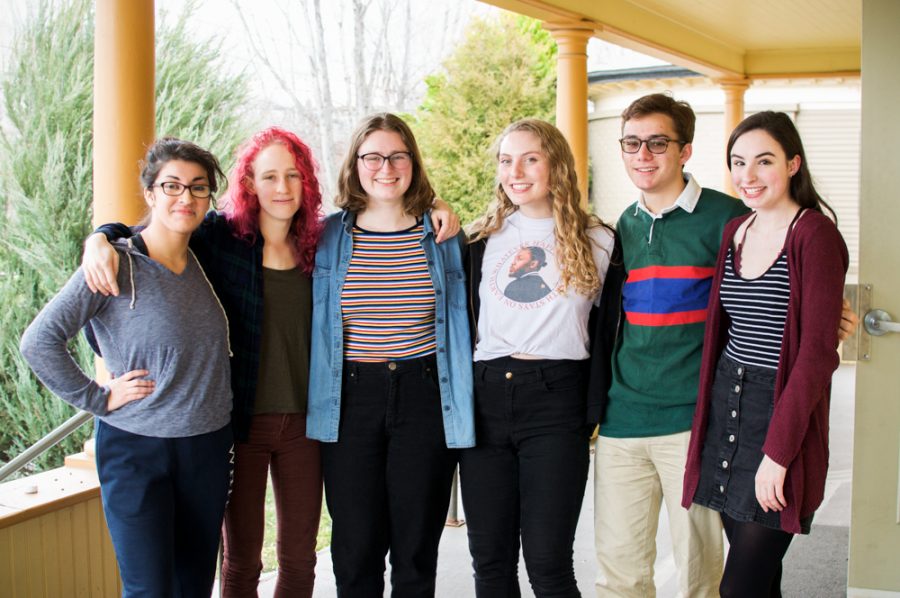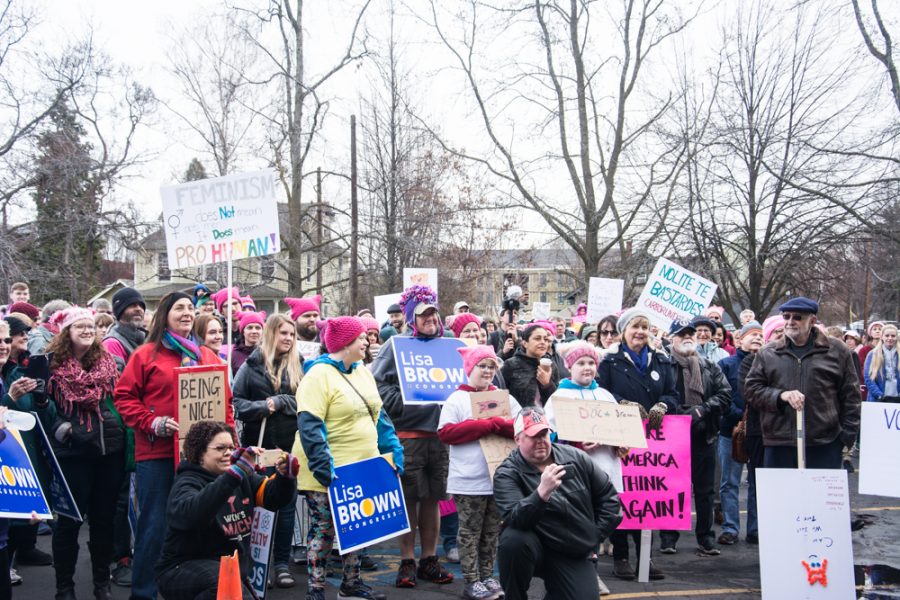In April, Whitman students will teach fourth and eighth graders about climate change in the fourth year of Cool the Schools, a program that gives Whitman students the opportunity to teach local elementary school students more about climate change.
The curriculum has changed this year to include different lessons for the two grades and a lesson on composting for both grades.
According to Berney Elementary School teacher Laura Grant, whose fourth grade classroom participated in Cool the Schools last April, the program supplements students’ knowledge.
“While ‘Changes in Ecosystems’ is part of our study of Life Science in the elementary grades, I would have to say that our students’ knowledge about the science of climate change is pretty limited,” said Grant in an e-mail.
Approximately 32 Whitman students will visit about 24 classrooms over two days to teach lessons on climate change, current environmental news and composting.
“For both age groups, we will have a day focused on composting. The compost interns are working to create a curriculum where kids can learn about composting and learn how to do it,” said organizer Helen Angell.
The grade-specific portions of the curriculum match the interests and knowledge of the two different age groups.
“For the younger kids, we’ll still have a day that’s focused global climate change, teaching them how it works, what it is, what it means, how it can apply to the Walla Walla area, how it might impact their lives,” said Angell.
Instead of learning about the basics of global warming, eighth graders will receive a lesson focused on current environmental events. Angell noted that students last year were very interested in the nuclear meltdowns that followed Japan’s March 2011 Tohoku earthquake.
Campus Climate Challenge organizes Cool the Schools. CCC sophomore members Helen Angell, Sara Kleinkopf and Meredith Kretzler and junior Lisa Beneman are organizing student volunteers, rewriting the curriculum and coordinating classroom sessions with Walla Walla teachers.
The program provides an educational opportunity for Whitman students by offering a chance to explore interests in environmentalism and teaching.
“If you’re interested in the environmental aspect of it, it’s a great opportunity to get involved promoting environmentalism in the community. Even if you’re . . . just into the teaching aspect of it, it’s a great opportunity to spend some time teaching kids,” Angell said.
Teaching proved both challenging and rewarding for Beneman.
“One of my favorite things about interacting with and teaching kids is that they ask the most honest questions. That is also one of the hardest parts of the program because the places the students take what you’re teaching sometimes provokes really big picture questions that are definitely difficult to answer,” Beneman said in an e-mail.
Grant praises Whitman students’ teaching skills and the way they answered questions in her classroom.
“I’ve had students question the concept and state that global temperatures have always gone up and down. The Whitman students had graphs that went back 400,000 years, showing the fluctuations my student was referring to and then pointed out the jump in the last 60 years that show CO2 at twice the highest level. It was very powerful and made a big impression,” she said.

